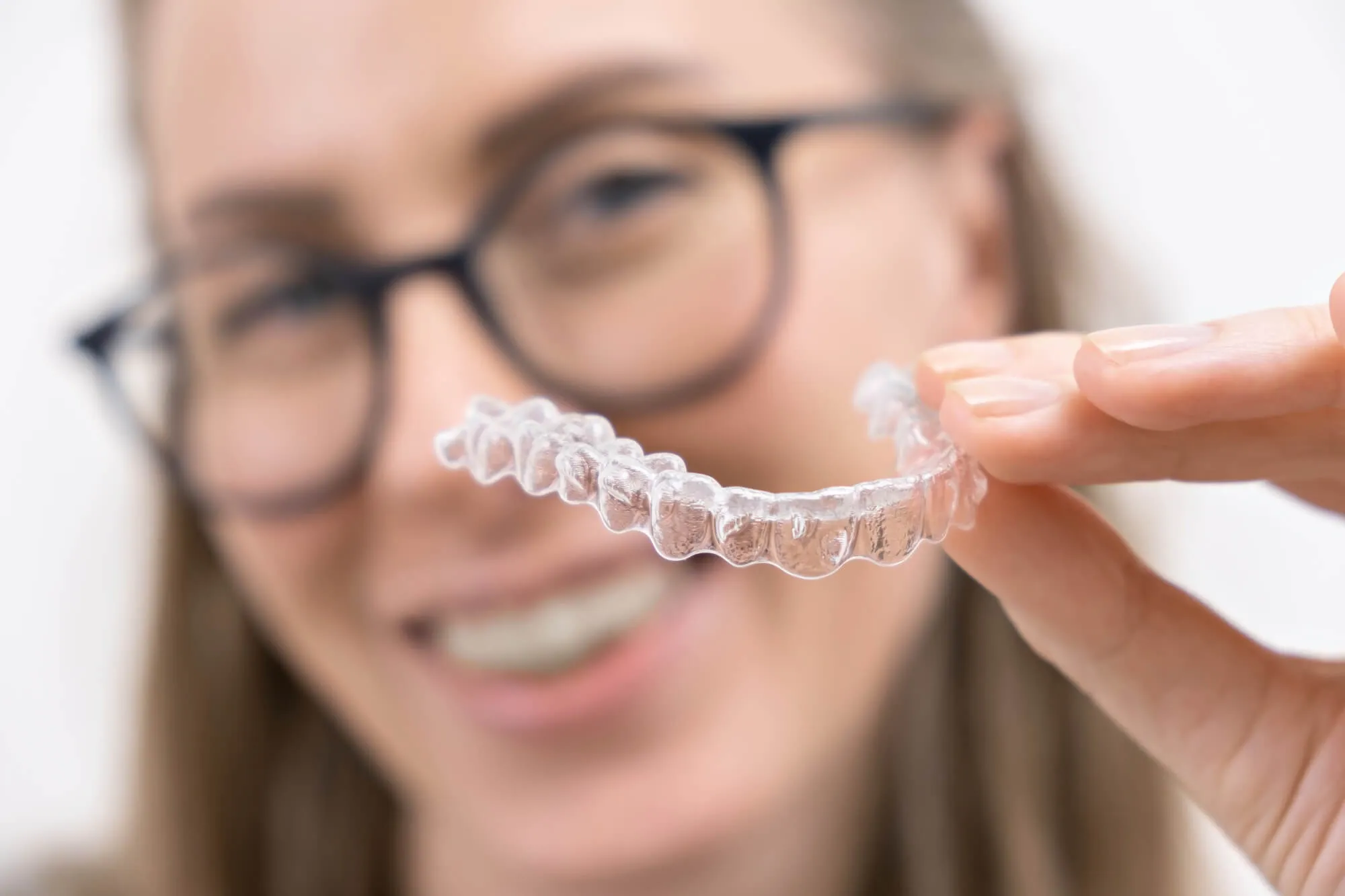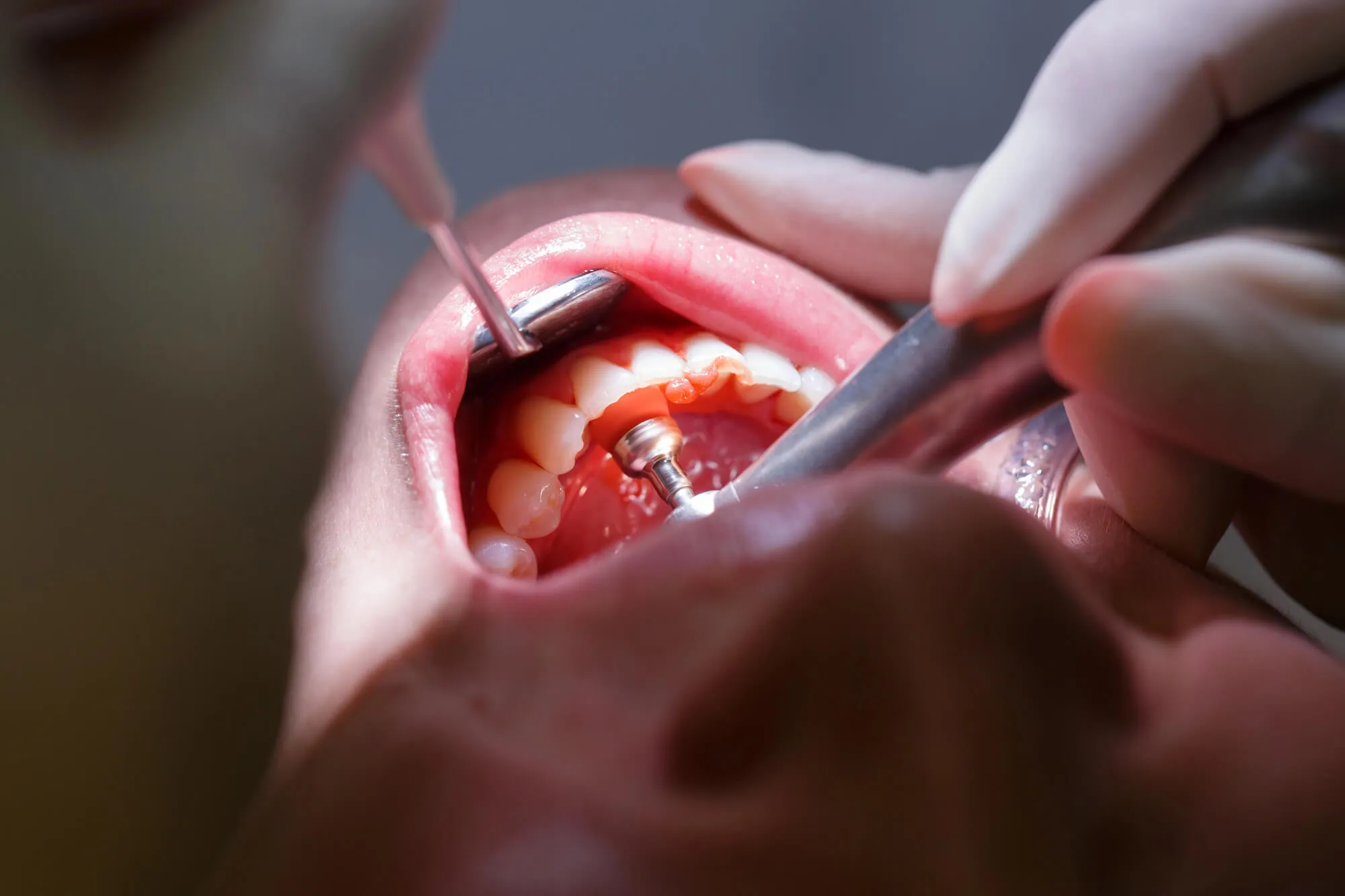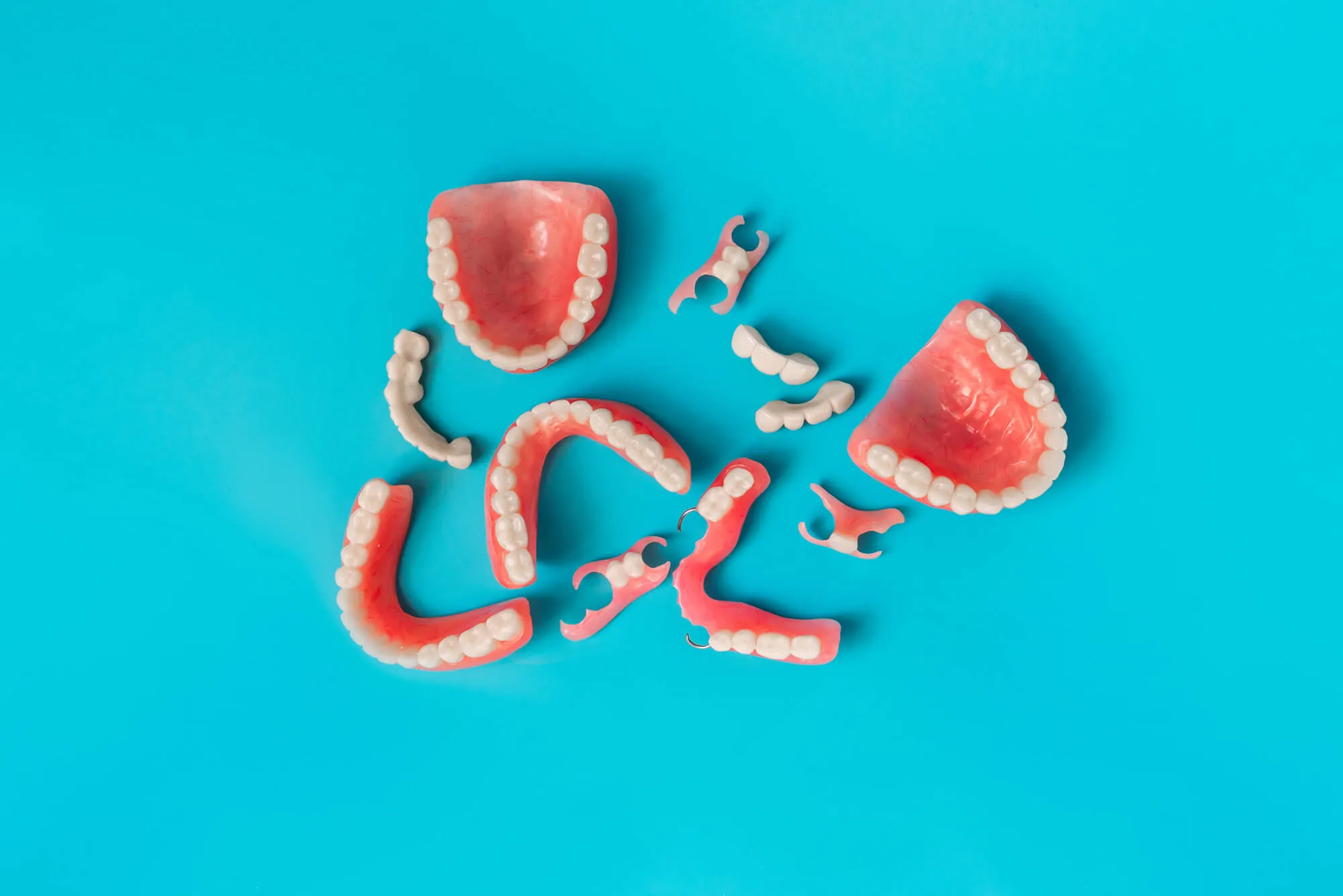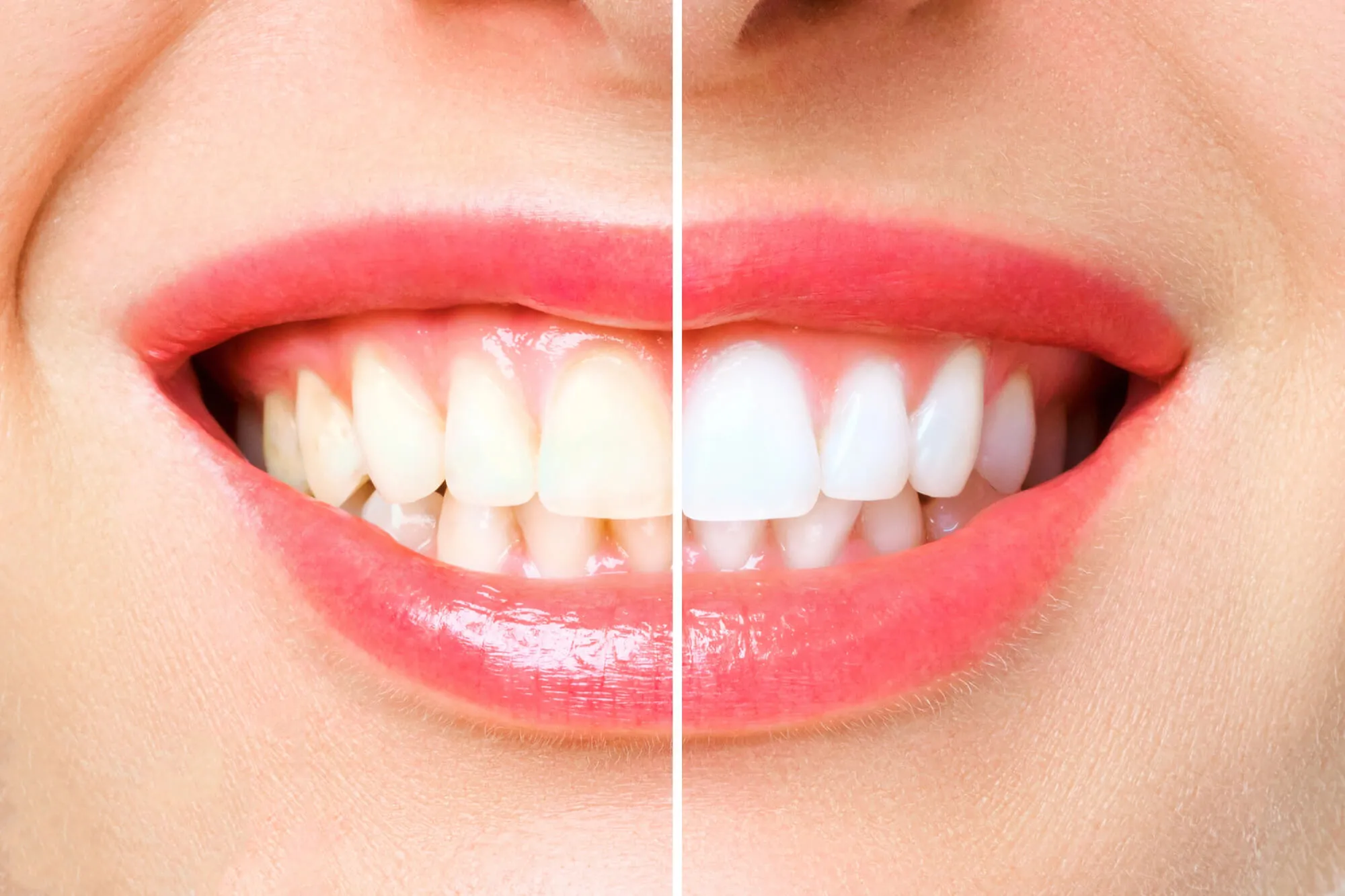Dental Insights: What Your Dentist Wants You to Understand About Oral Health

Your dentist in 33304 is not just a healthcare professional who cleans your teeth; they are your partners in achieving and maintaining optimal oral health. Beyond routine check-ups and cleanings, dentists harbor a treasure trove of knowledge and insights to help you nurture a beautiful and healthy smile for a lifetime.
The following is a list of useful information your dentist wants you understood about oral health.

Important Facts About Your Oral Health
Brushing Alone Isn't Enough: Flossing Matters
When maintaining a healthy smile, brushing your teeth is undoubtedly important. However, it's essential to understand that brushing alone is just one part of the equation. Your dentist wants you to know that flossing is equally vital for optimal oral health. Here's why:
Why Flossing Matters
Brushing targets the surfaces of your teeth, effectively removing plaque and food particles. The spaces between your teeth, where your toothbrush can't reach, are prone to plaque and debris buildup.
The Benefits of Flossing
Flossing allows you to clean these hard-to-reach areas, helping prevent cavities, gum disease, and bad breath. By incorporating flossing into your daily routine, you're ensuring a more thorough clean and maintaining the health of your entire mouth.
Dentist's Tip
To make flossing a habit, keep dental floss within easy reach in your bathroom and carry floss picks with you for on-the-go use. Your dentist recommends gentle and consistent flossing to complement your brushing routine effectively.
Diet Affects Your Teeth: Choose Wisely
Your dentist wants you to understand the significant impact your diet has on your oral health. The foods and beverages you consume can either promote a healthy smile or contribute to dental problems. Here's what you should know:
The Connection Between Diet and Oral Health
Sugary and acidic foods and drinks can erode tooth enamel and promote the growth of harmful bacteria in your mouth, leading to tooth decay and gum disease. A balanced diet rich in fruits, vegetables, and calcium can strengthen your teeth and gums.
The Role of Sugar
Sugary treats and beverages are notorious for causing cavities. Bacteria in your mouth feed on sugar, producing acids that eat away at your tooth enamel. Reducing your sugar intake and practicing moderation are key.
Calcium is Your Friend
Calcium-rich foods like dairy products, leafy greens, and almonds contribute to strong teeth and bones. Incorporate these foods into your diet to support your oral health.
Dentist's Tip
Limiting sugary and acidic foods and beverages, drinking plenty of water, and maintaining a balanced diet can go a long way in preserving your smile's radiance. Regular dental check-ups can help detect and address diet-related issues promptly.
Mouthwash Isn't a Cure-All
Mouthwash can be a valuable addition to your oral care routine, but it's essential to understand that it's not a substitute for brushing and flossing. Here's what you need to know:
The Role of Mouthwash
Mouthwash can help freshen your breath, kill bacteria, and provide a pleasant feeling of cleanliness. It can also be beneficial for specific oral health issues like gingivitis or bad breath.
Limitations of Mouthwash
However, mouthwash has limitations. It doesn't remove plaque or food particles like brushing and flossing do. Using mouthwash alone won't prevent cavities or gum disease.
Dentist's Tip
Use mouthwash as directed by your dentist or oral health professional. It can be a valuable addition to your oral hygiene routine, but it should complement regular brushing and flossing, not replace them. Always follow your dentist's advice on the most suitable mouthwash for your specific needs.

Bad Breath Isn't Just About Brushing
We all experience occasional bad breath, but persistent bad breath, or halitosis, can indicate underlying dental problems. Your dentist wants you to know that simply masking it with breath mints or gum isn't enough; addressing the root cause is crucial. Here's what you should be aware of:
Causes of Bad Breath
- Poor oral hygiene: Inadequate brushing, flossing, and tongue cleaning can allow bacteria to thrive in your mouth, leading to bad breath.
- Dental issues: Cavities, gum disease, and infected teeth can contribute to foul-smelling breath.
- Dry mouth: A lack of saliva can promote the growth of odor-causing bacteria.
- Diet: Certain foods like onions, garlic, and coffee can lead to temporary bad breath.
Addressing Bad Breath
To combat bad breath effectively, your dentist recommends:
- Maintaining good oral hygiene practices, including regular brushing, flossing, and tongue cleaning.
- Drinking plenty of water to prevent dry mouth.
- Seeking professional dental care to address underlying dental issues.
- Avoiding foods that contribute to bad breath, especially before social or professional interactions.
Dentist's Tip
If you're concerned about persistent bad breath, don't hesitate to consult your dentist. They can help identify the underlying cause and recommend appropriate treatment to restore your fresh breath and confidence.
Dental Health = Overall Health
Your dentist wants you to understand the profound connection between oral health and overall well-being. Here's why your oral health matters not just for your smile but for your entire body:
The Oral-Systemic Link
Research has shown that oral health is closely linked to various systemic conditions. For example, gum disease has been associated with diabetes, heart disease, and even pregnancy complications. Taking care of your teeth and gums can have far-reaching benefits for your overall health.
Preventing Systemic Issues
By maintaining good oral hygiene practices, you're not only preventing dental problems but also reducing the risk of potentially serious systemic issues. Your dentist is your ally in this journey to holistic well-being.
Dentist's Tip
Recognize that caring for your oral health isn't just about a beautiful smile; it's about safeguarding your overall health. Regular dental check-ups and practicing good oral hygiene at home are essential steps in this process.
Regular Check-Ups Save Money
Your dentist wants you to understand the true value of regular dental check-ups. While it might seem cost-effective to skip them, the reality is quite the opposite. Here's why your dentist emphasizes the importance of these appointments:
The Preventive Advantage
Regular dental check-ups are not just about fixing problems; they are primarily about preventing them. During these visits, your dentist can detect issues early when they are more manageable and less costly to treat.
Avoiding Costly Treatments
By missing regular check-ups, small issues can escalate into more extensive and expensive dental problems. The cost of preventive care is significantly lower than that of extensive dental procedures.
Oral Health Investments
Think of dental check-ups as investments in your oral health and overall well-being. They save you money in the long run by helping you avoid the financial burden of major dental work.
Dentist's Tip
Don't view dental check-ups as expenses; consider them essential investments in your long-term oral health and financial well-being. Regular visits are not only wise but also cost-effective.

See Your Dentist in 33304 Today
Your dentist is not just a tooth mechanic; they are your partners in achieving and maintaining excellent oral health. The insights shared in this blog are a testament to their commitment to your well-being.
Don't hesitate to reach out to 1500 Dental for expert guidance, preventive care, and answers to all your oral health questions.













